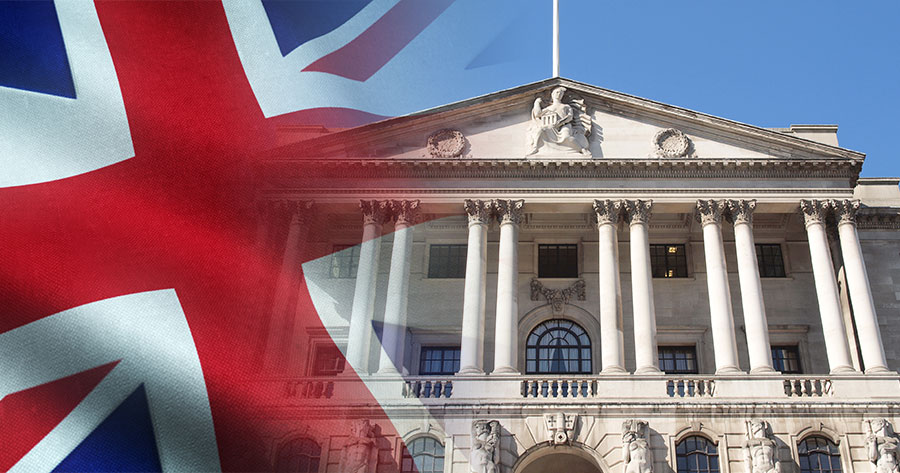The Bank of England reduced its benchmark interest rate on Thursday, highlighting divisions among policymakers over the extent of monetary easing as uncertainties loom around U.S. President Donald Trump’s recently imposed tariffs.
The Monetary Policy Committee (MPC) voted 5-4 to lower the key rate by 25 basis points to 4.25%. Within the sharply divided nine-member panel, Swati Dhingra and Alan Taylor pushed for a steeper cut of 50 basis points. In contrast, Chief Economist Huw Pill and external member Catherine Mann argued for keeping rates unchanged.
This latest move marks the BoE’s first policy decision since Trump unveiled comprehensive tariffs on April 2, an announcement that unsettled financial markets and led the International Monetary Fund to reduce growth projections for major economies, including the UK.
The central bank acknowledged in its statement that higher tariffs imposed by the U.S. and retaliatory measures from trading partners are likely to dampen British economic growth and apply downward pressure on inflation. However, it emphasized substantial uncertainty remains around the ultimate impact of global trade tensions.
Since mid-2024, the Bank of England has mirrored the U.S. Federal Reserve’s pace in reducing rates, albeit more conservatively than the European Central Bank. The BoE continues to weigh persistent risks including elevated wage growth and the possibility of inflation remaining above target, guiding its more cautious approach to monetary support.



